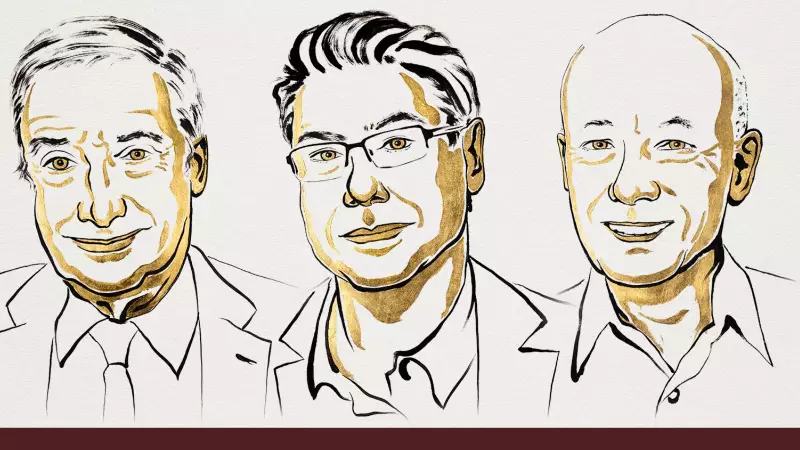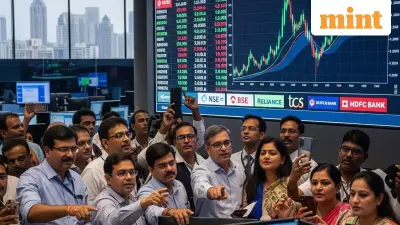
The prestigious Nobel Prize in Economics for 2023 has been awarded to Claudia Goldin, yet the spotlight returns to a fundamental question that has captivated economists for decades: what truly drives economic growth and prosperity? This recognition comes at a pivotal moment for economies worldwide, particularly for emerging giants like India.
The Enduring Quest for Economic Growth
Economic growth remains the holy grail of development economics. While contemporary discussions often revolve around digital transformation and technological disruption, the foundational principles of growth economics continue to shape national policies and global economic strategies. The work of previous Nobel laureates in this field has laid the groundwork for understanding how nations escape poverty and achieve sustainable development.
Why Innovation Still Matters Most
In an era dominated by talk of artificial intelligence and digital economies, one might wonder if traditional growth theories still hold relevance. The answer, surprisingly, is more relevant than ever. Innovation—not just in technology but in institutions, policies, and economic structures—continues to be the primary engine of long-term prosperity.
Consider the Indian context: from the Green Revolution that transformed agriculture to the digital revolution that's reshaping service delivery, innovation in multiple forms has consistently driven economic advancement. The current focus on 'Atmanirbhar Bharat' and manufacturing competitiveness underscores this enduring truth.
Beyond Technology: The Human Element
Economic growth isn't merely about technological breakthroughs. The 2023 Nobel recognition reminds us that human capital, institutional quality, and policy frameworks matter equally. Education systems, healthcare access, and governance structures create the ecosystem where innovation can flourish and translate into broad-based prosperity.
For India, this means that while chasing technological advancement, we cannot neglect the fundamentals: quality education, healthcare infrastructure, and efficient institutions that together create an environment conducive to sustainable growth.
The Development Economics Renaissance
The return of growth economics to Nobel prominence signals a broader recognition: understanding economic development mechanisms remains crucial in addressing global challenges like inequality, climate change, and geopolitical instability. The tools of economic analysis continue to evolve, but the central question remains unchanged—how do we create societies where prosperity is both sustainable and inclusive?
As emerging economies navigate post-pandemic recovery and new global economic realities, the insights from growth economics provide valuable compass points for policy makers and business leaders alike.





